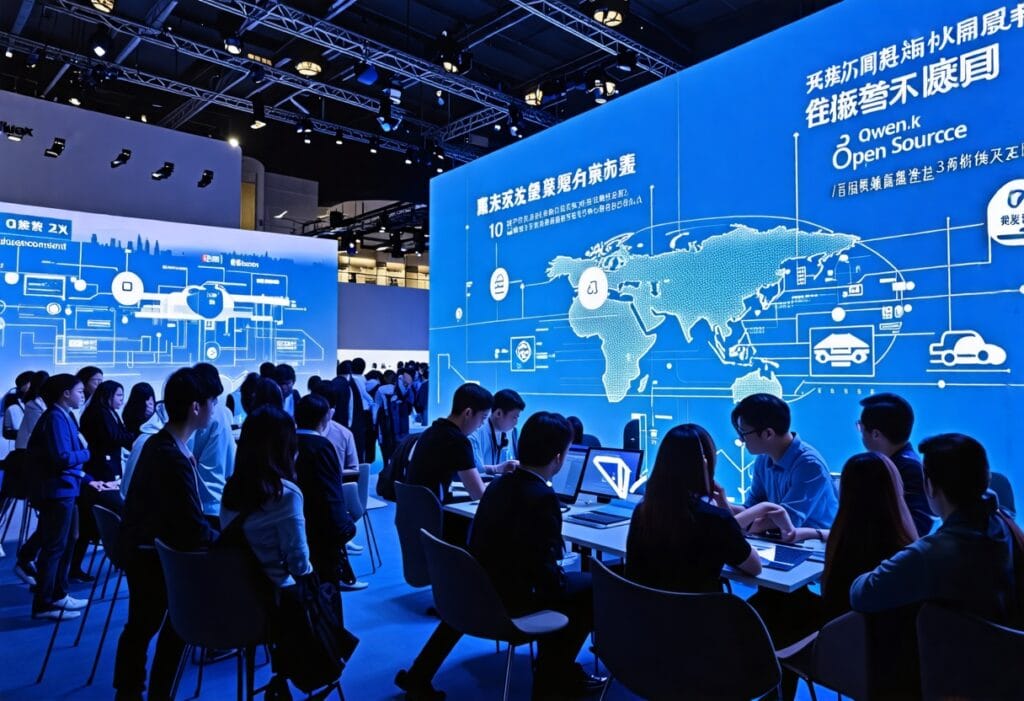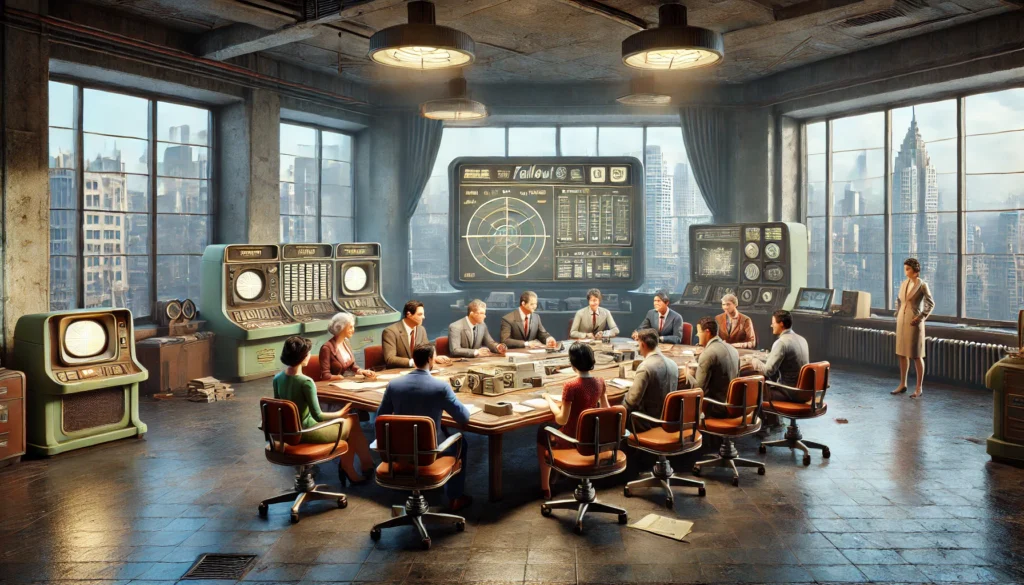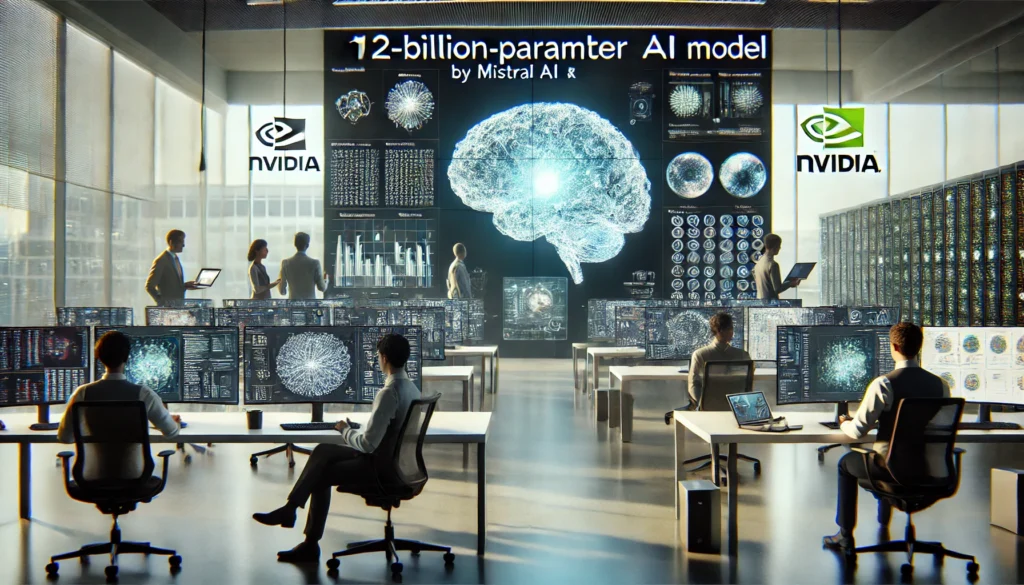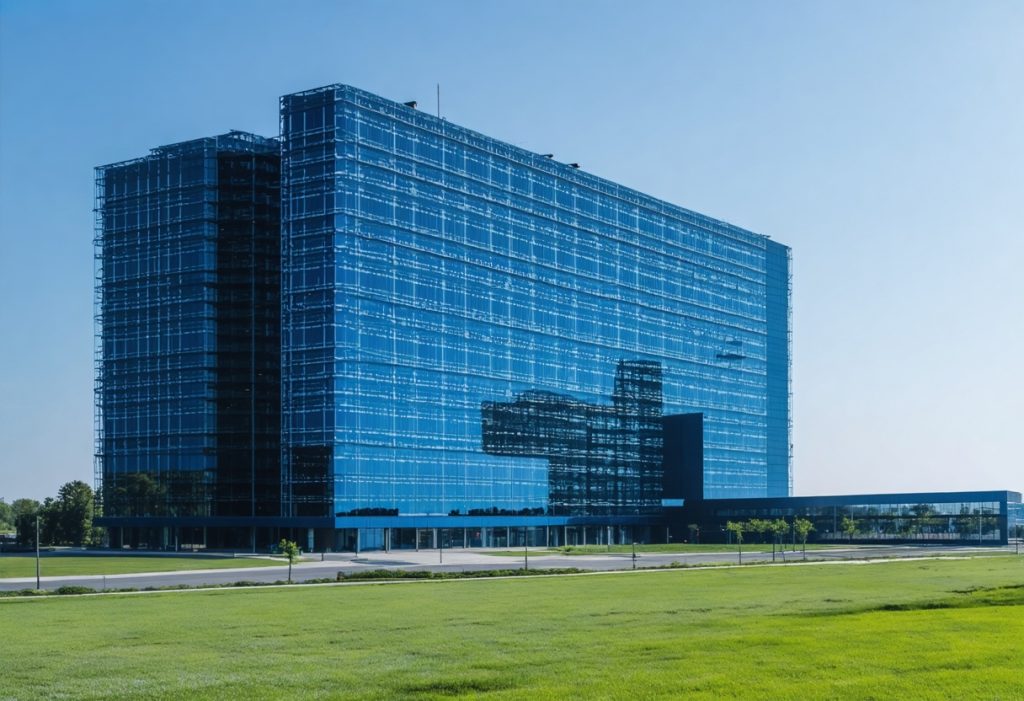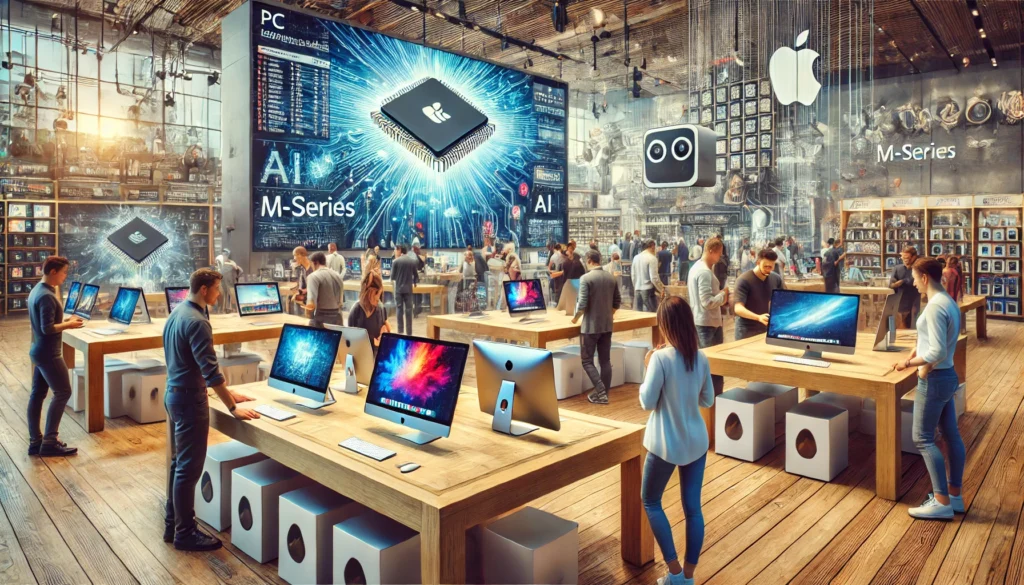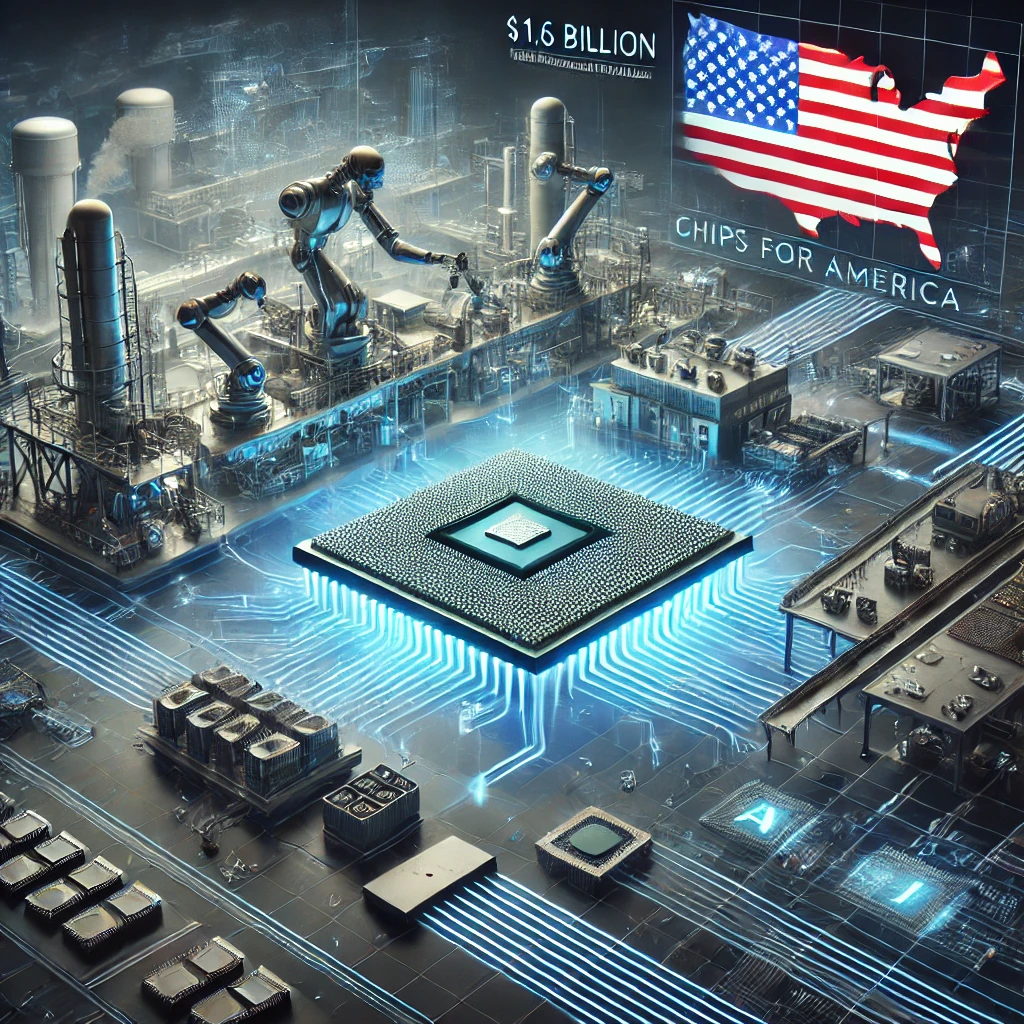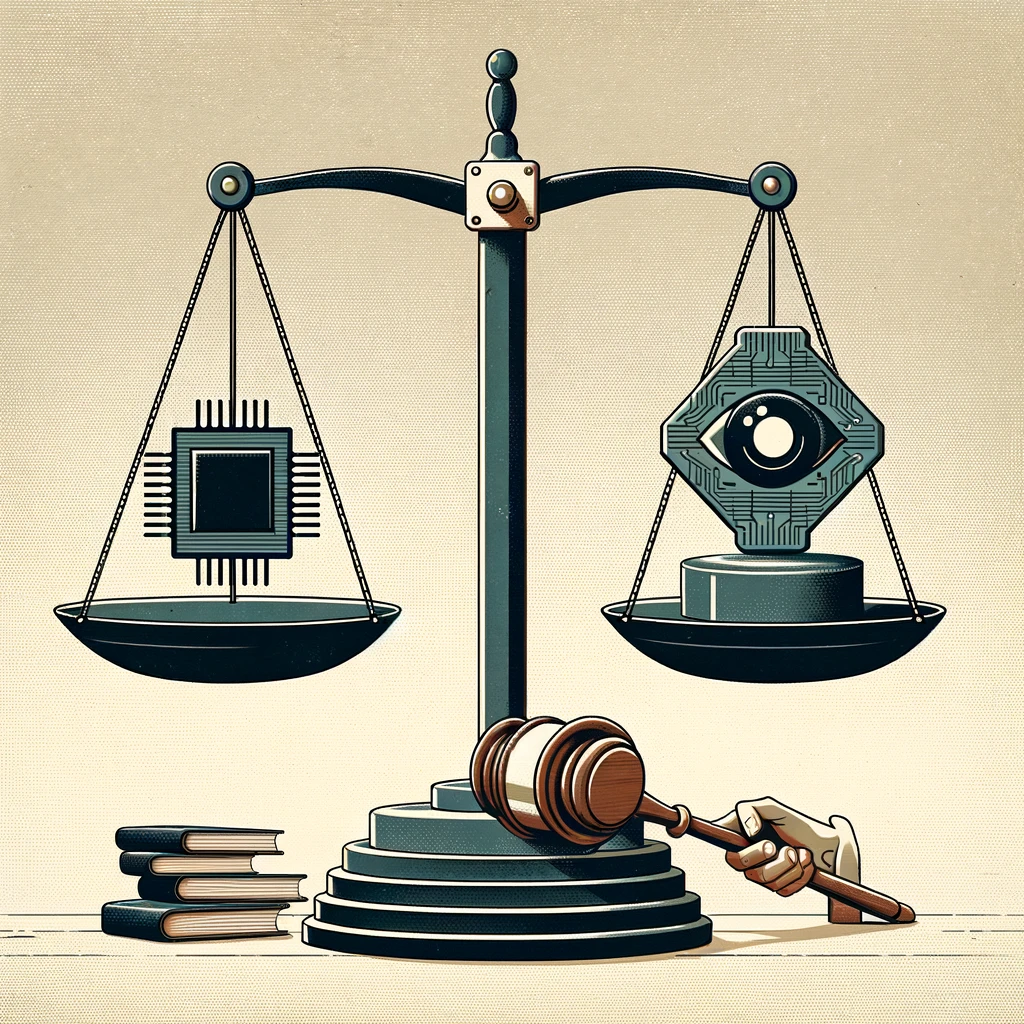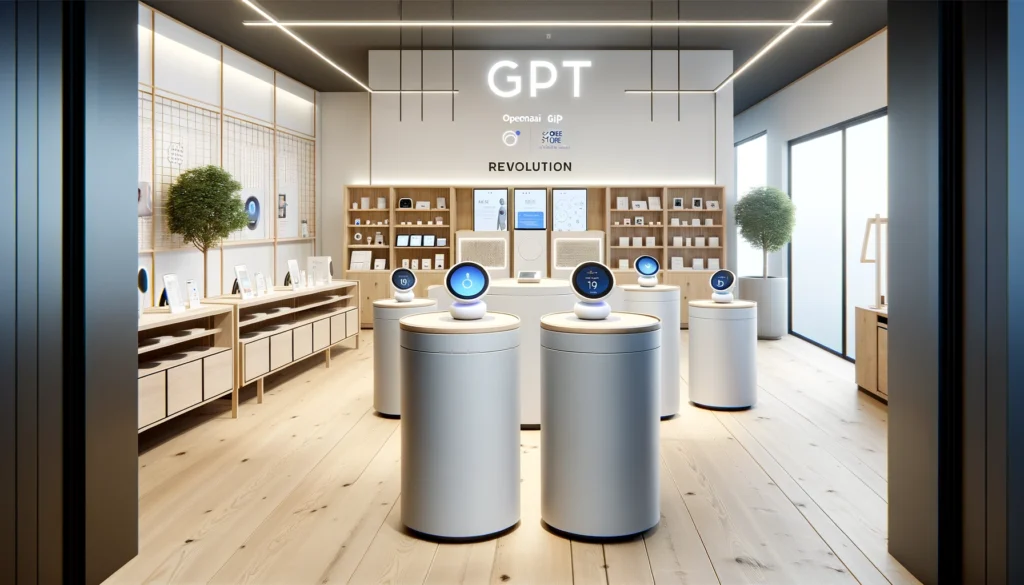Nvidia’s Antitrust Challenge: Balancing Market Dominance with Fair Play

As Nvidia exercises its market prowess, having surpassed traditional tech giants to become the world’s most valuable company, it finds itself under the scrutinizing lens of French antitrust regulators. The American multinational corporation, synonymous with cutting-edge graphics and artificial intelligence technology, now faces allegations of anti-competitive actions—a serious issue indeed, given the EU’s commitment to fair play and market balance.
In this article, we examine Nvidia’s astonishing journey to the zenith of the tech sector. Founded in the late 20th century, Nvidia transformed from a specialist in graphics chip production into a formative force in the realms of AI, data center technology, and autonomous vehicle innovation. Its products constitute the backbone of the planet’s most sophisticated computational infrastructures.
This ascendancy to market dominance, however, is double-edged; for Nvidia, heightened visibility invites regulatory scrutiny. French authorities are poised to levy charges for practices that may hinder competition, echoing the global movement to check powerful conglomerates.
This unfolding scenario has far-reaching implications not only for Nvidia, whose ethos and business operations are under the microscope, but also for the broader technology sector. Any enforced changes could ripple through the industry, modifying the dynamics of competition and innovation.
As we delve deeper, we’ll weigh the potential outcomes of the French antitrust probe for Nvidia and consider the broader trend of monitoring tech giants—a compelling narrative that questions how a balance between innovation and fair market competition can be struck in our fast-evolving digital age. Stay tuned, as we explore the complexities of antitrust fire in the age of technological titans.
Nvidia’s Astounding Rise in the Tech World
Nvidia’s ascent from a company specializing in the production of graphics chips to the most valuable technological conglomerate in the world is nothing short of remarkable. Founded in 1993, Nvidia carved a niche for itself by creating GPUs (Graphics Processing Units) which have become indispensable in the gaming industry. However, their GPUs have far transcended gaming, becoming crucial components in AI and machine learning, advancing the capabilities of data centers, and fueling the research behind self-driving vehicles.
Nvidia’s SoC (System on a Chip) technology is now integral to the simulation and development of autonomous driving systems. Furthermore, their cloud computing platforms have found widespread use in facilitating complex computational tasks. Nvidia’s Tensor Core GPUs have also significantly accelerated AI workloads, solidifying Nvidia’s position at the forefront of the AI revolution.
The Gravity of Antitrust Allegations
The antitrust allegations facing Nvidia could have profound implications for their business operations. The precise nature of the charges remains undisclosed, but they typically entail engaging in practices that unfairly limit competition, such as price-fixing, creating barriers to market entry, or forming monopolistic control. Such practices often lead to higher prices for consumers, stifled innovation, and an unfair marketplace.
With Nvidia’s market share in various sectors, especially in the GPU market for AI and professional use, it’s facing scrutiny over whether its success is a result of outpacing competitors through innovation or through anti-competitive conduct. The outcome of the French regulators’ investigation could lead to a shift in how Nvidia conducts its business and interacts with competitors and partners.
Potential Long-term Effects for Nvidia and the Tech Industry
The charges levied by French antitrust regulators could significantly impact Nvidia’s way of doing business. If found to have engaged in anti-competitive behavior, Nvidia could face substantial fines, similar to those previously imposed on tech giants like Google and Microsoft. More importantly, the company might be required to make changes to its practices that could affect its long-term growth and dominance.
These potential regulatory actions may level the playing field, possibly enabling smaller competitors to make headway in the market. Moreover, this action signifies a broader trend where the unchecked power of dominant tech companies is being contested to encourage a healthy, fair, and competitive industry conducive to continuous innovation.
Nvidia’s Defense and the Road Ahead
In the midst of these serious allegations, Nvidia maintains that its business practices are legal and aimed at fostering competition and benefiting consumers. The corporation prides itself on being a leading innovator in the tech industry, contributing significantly to technological advancements that have a global impact.
Should Nvidia be forced to alter its business model or practices, it would have to tread carefully to ensure that any changes do not hinder its ability to innovate or compete. This situation sets a precedent for how dominant tech companies respond to regulatory pressure and balance the need for competitive practices with the drive toward industry-leading innovation.
The Global Landscape of Tech Regulation
The investigation of Nvidia by French antitrust authorities is part of a global trend where governments and regulatory bodies are increasingly intervening in the technology sector to prevent the consolidation of too much power with a few corporations. Regulations are aiming to keep the market dynamics healthy and ensure consumer interests are protected without hindering technological progress.
Europe has been particularly active in this space, with investigations into companies such as Apple, Amazon, and Facebook. The approach to regulation in the EU, with its focus on protecting competition and data privacy, contrasts with less stringent regulations in other regions, reflecting a varied global approach to handling the power of tech giants.
As Nvidia addresses this challenge, all eyes are on the tech giant and the evolving narrative around the need for balance between market power and fair competition. Its journey through this regulatory gauntlet could have lasting effects on the tech industry’s future and the global economy.
In conclusion, Nvidia’s meteoric rise to become the world’s most valuable tech company exemplifies the astounding progress seen within the realms of artificial intelligence, autonomous vehicles, and cloud computing. As its success story unfolds, it brings with it significant scrutiny from French antitrust regulators—a move indicative of the global push for fair competition and market balance. Understanding both the gravity of these allegations and their potential outcomes highlights the pivotal moment Nvidia and similar tech behemoths face in today’s increasingly regulated digital landscape.
For businesses, investors, and consumers alike, Nvidia’s response to these regulatory challenges and the subsequent actions taken by French authorities can offer invaluable insights into the future of tech innovation and market dynamics. As regulatory bodies worldwide aim to curtail anti-competitive behavior, the tech industry may experience a paradigm shift, fostering an environment where competition thrives and innovation continues unabated. This journey through scrutiny and potential regulation will not only shape Nvidia’s strategies but also set critical precedents that will resonate across the global tech sector.
Nvidia’s current dilemma underscores the intricate balancing act facing today’s technology leaders: the need to maintain market position and drive innovation while adhering to fair practices. As this landscape evolves, staying informed about these issues remains crucial. For organizations and individuals vested in the technology field, keeping a watchful eye on the outcome of Nvidia’s antitrust probe and its ripple effects is paramount to navigating the choppy waters of tech regulation and market fair play.
















